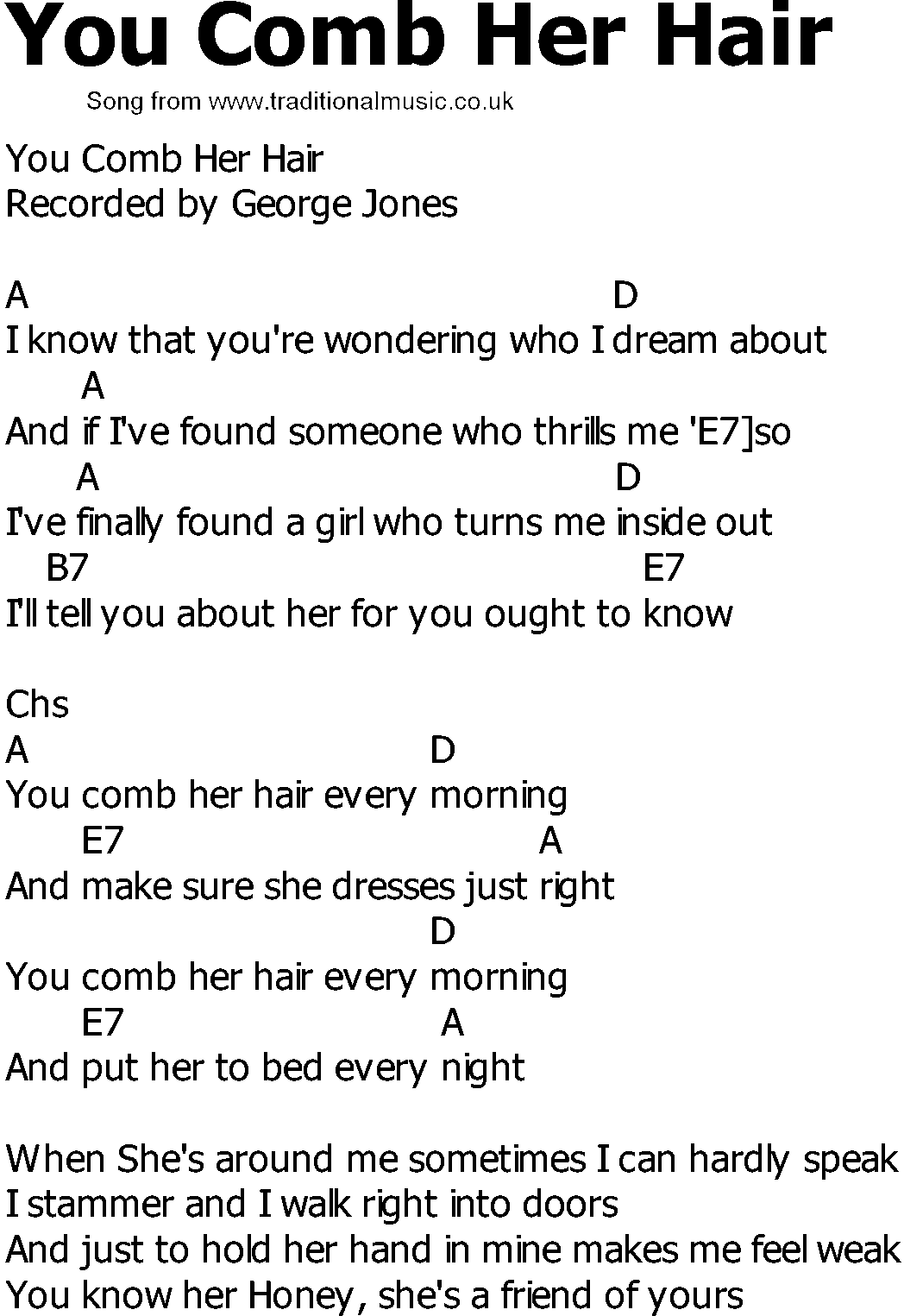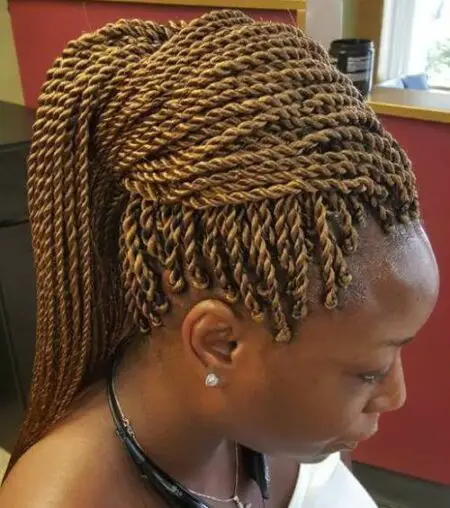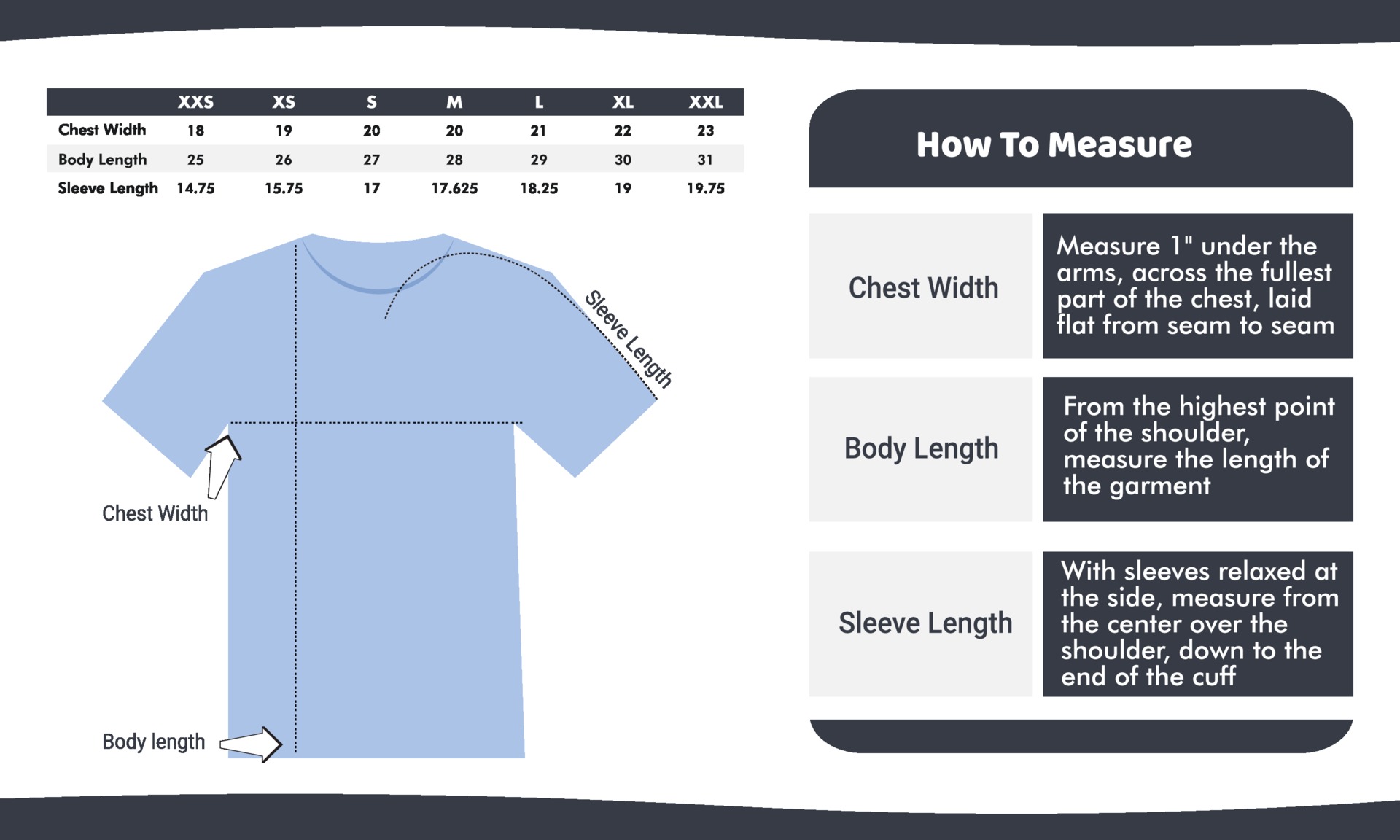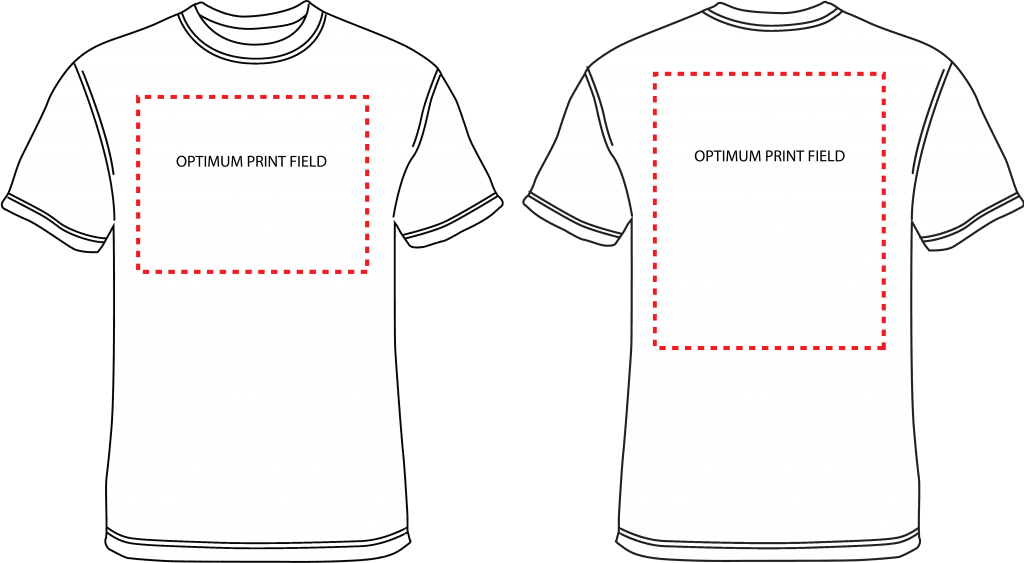Table Of Content

It’s really interesting, because it’s putting saxophone on this really huge electronic record.
Hair lyrics
The saxophone played by Clarence Clemons from the E Street Band is reminiscent of the 80s. The title of the song is a metaphor for identity and freedom. The musical caused controversy when it was first staged. Four tribe members have the "Electric Blues".
Beyoncé's 'Cowboy Carter' Best Lyrics Roundup - NYLON
Beyoncé's 'Cowboy Carter' Best Lyrics Roundup.
Posted: Thu, 28 Mar 2024 07:00:00 GMT [source]
SongLyrics
On “my hair”, Ariana Grande lets her hair down, literally, as she gets intimate with a lover. Permitting a partner to touch her hair puts her in an honest and vulnerable position, but here, she’s comfortable and willing enough to do it. One of Ariana’s most notable features is her signature high ponytail, and here, Ari might be embracing her natural curls and opening up an insecure part of herself to someone she loves. “Chloe or Sam or Sophia or Marcus” tells the story of a rocky relationship filled with hurt and self-examination.
Popular Hair Lyrics
After a black-out, the tribe enters worshiping in an attempt to summon Claude ("Oh Great God of Power"). Claude gives Woof a Mick Jagger poster, and Woof is excited about the gift, as he has said he's hung up on Jagger. Three white women of the tribe tell why they like "Black Boys" ("black boys are delicious ..."), and three black women of the tribe, dressed like The Supremes, explain why they like "White Boys" ("white boys are so pretty ..."). Sheila is carried onstage ("I Believe in Love") and leads the tribe in a protest chant. Jeanie, an eccentric young woman, appears wearing a gas mask, satirizing pollution ("Air").
Viet Rock and Hair
Hud, Woof and Berger declare what color they are ("I'm Black"), while Claude says that he's "invisible". The tribe recites a list of things they lack ("Ain't Got No"). Four African-American tribe members recite street signs in symbolic sequence ("Dead End"). Claude sits center stage as the "tribe" mingles with the audience. Tribe members Sheila, a New York University student who is a determined political activist, and Berger, an irreverent free spirit, cut a lock of Claude's hair and burn it in a receptacle. After the tribe converges in slow-motion toward the stage, through the audience, they begin their celebration as children of the Age of Aquarius ("Aquarius").
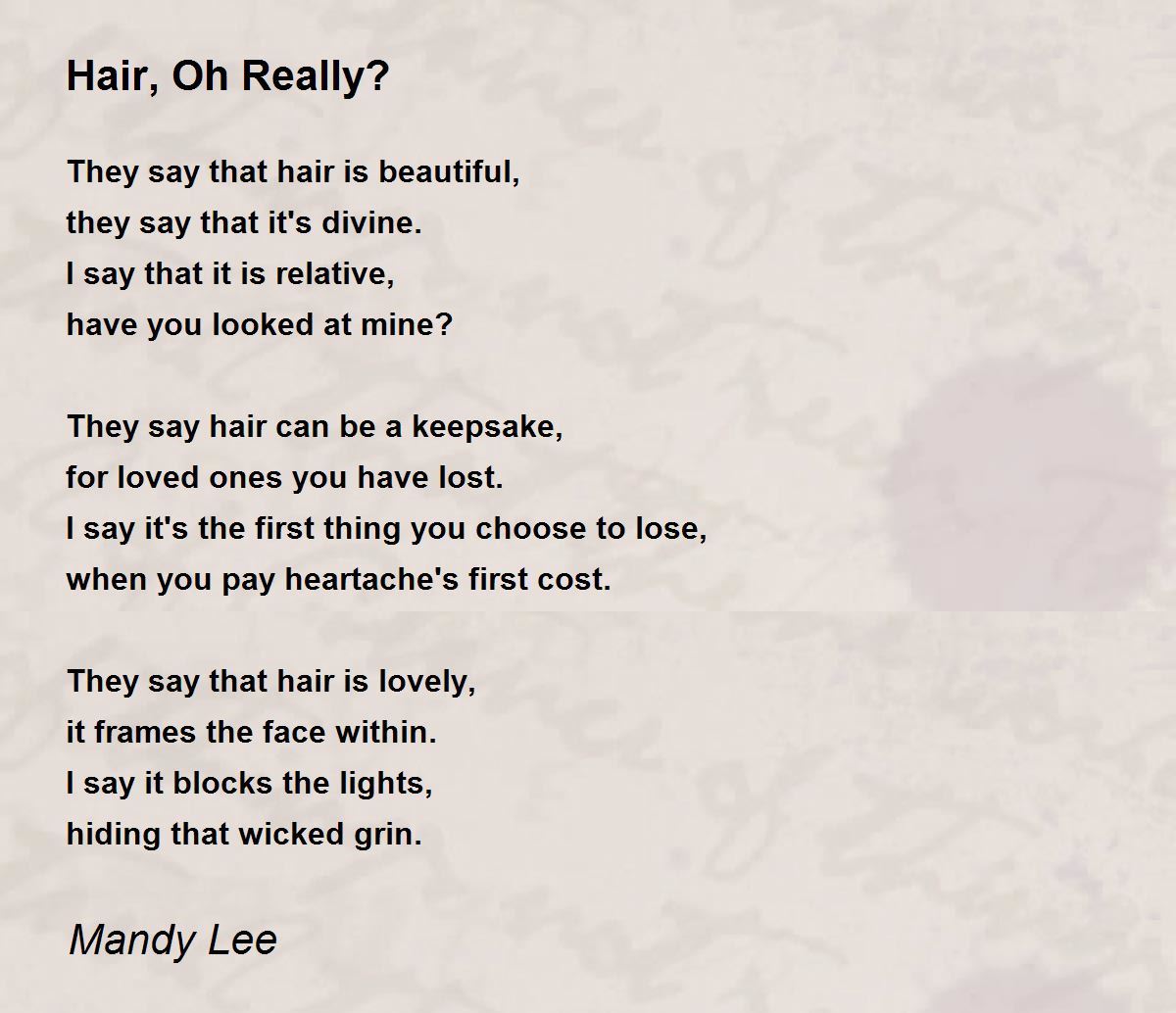
Subsequent productions
A Broadway revival of Hair opened in 1977 for a run of 43 performances. It was produced by Butler, directed by O'Horgan and performed in the Biltmore Theater, where the original Broadway production had played. The show was under almost perpetual re-write. Hair tells the story of the "tribe", a group of politically active, long-haired hippies of the "Age of Aquarius" living a bohemian life in New York City and fighting against conscription into the Vietnam War. Claude, his good friend Berger, their roommate Sheila and their friends struggle to balance their young lives, loves and the sexual revolution, with their rebellion against the war and their conservative parents and society.
Songs
Play what you feel.’ It was all very pure.I play sax through the whole song and I have a solo. I can never believe something that feels so good earns me money. All the craziness and stuff, there’s a purpose to all of it. She has no boundaries … It’s a day I’ll never forget. I always wait for Bruce to call and say ‘come do this’ and it’s real exciting for me. It’s uptempo, but it’s sort of got this Bruce Springsteen vibe to it.
Early international productions
Woof, a gentle soul, extols several sexual practices ("Sodomy") and says, "I grow things." He loves plants, his family and the audience, telling the audience, "We are all one." Hud, a militant African-American, is carried in upside down on a pole. He declares himself "president of the United States of Love" ("Colored Spade"). In a fake English accent, Claude says that he is "the most beautiful beast in the forest" from "Manchester, England". A tribe member reminds him that he's really from Flushing, New York ("Manchester England").
He leaves as the tribe enters wrapped in blankets in the midst of a snow storm. They start a protest chant and then wonder where Claude has gone. Berger calls out "Claude! Claude!" Claude enters dressed in a military uniform, his hair short, but they do not see him because he is an invisible spirit.
Berger removes his trousers to reveal a loincloth. Interacting with the audience, he introduces himself as a "psychedelic teddy bear" and reveals that he is "looking for my Donna" ("Donna"). "Hair" is the title song to the 1967 musical Hair and the 1979 film adaptation of the musical.
This scaffolding was decorated with found objects that the cast had gathered from the streets of New York. These included a life-size papier-mâché bus driver, the head of Jesus, and a neon marquee of the Waverly movie theater in Greenwich Village.[99] Potts' costumes were based on hippie street clothes, made more theatrical with enhanced color and texture. Some of these included mixed parts of military uniforms, bell bottom jeans with Ukrainian embroidery, tie dyed T-shirts and a red white and blue fringed coat.[99] Early productions were primarily reproductions of this basic design. “Hair” is a song from Lady Gaga’s second studio album “Born This Way”. The song starts out with a slow piano melody which then turns into a dance beat influenced by rock music.
Two tribe members dressed as tourists come down the aisle to ask the tribe why they have such long hair. In answer, Claude and Berger lead the tribe in explaining the significance of their locks ("Hair"). The woman states that kids should "be free, no guilt" and should "do whatever you want, just so long as you don't hurt anyone." She observes that long hair is natural, like the "elegant plumage" of male birds ("My Conviction"). She opens her coat to reveal that she's a man in drag. As the couple leaves, the tribe calls her Margaret Mead.


